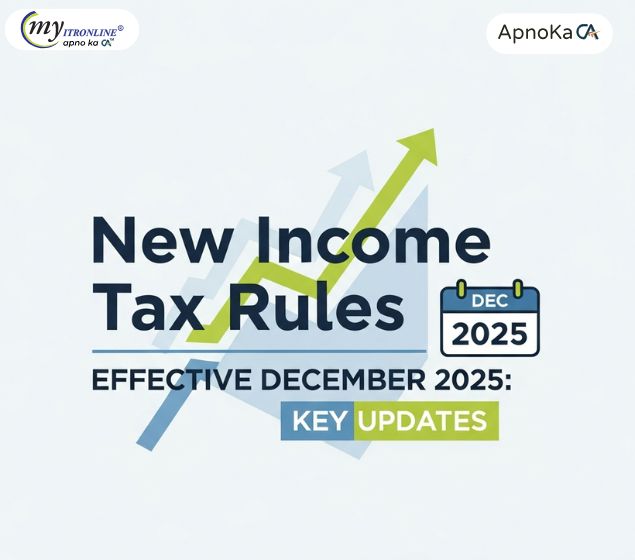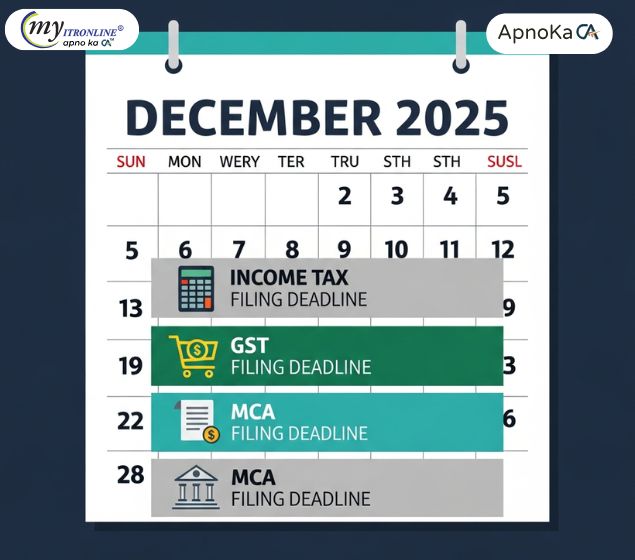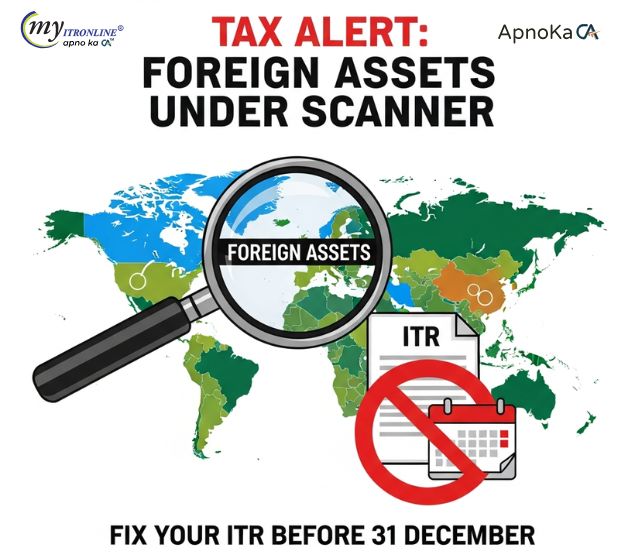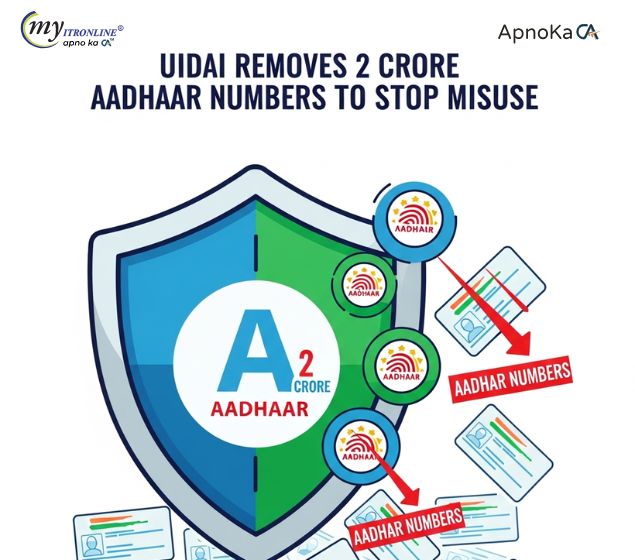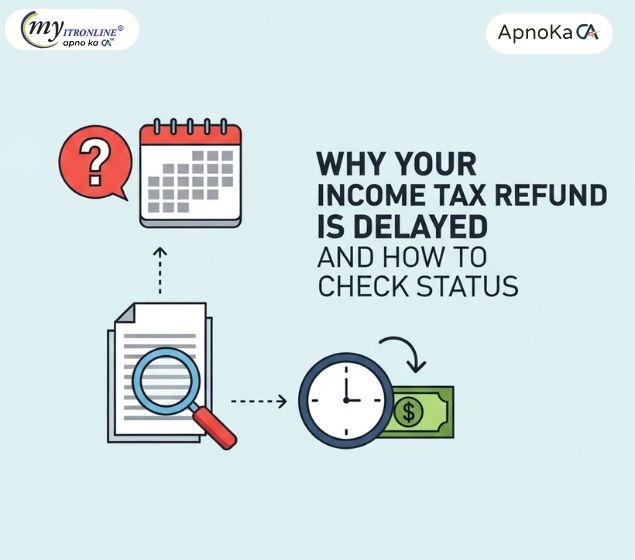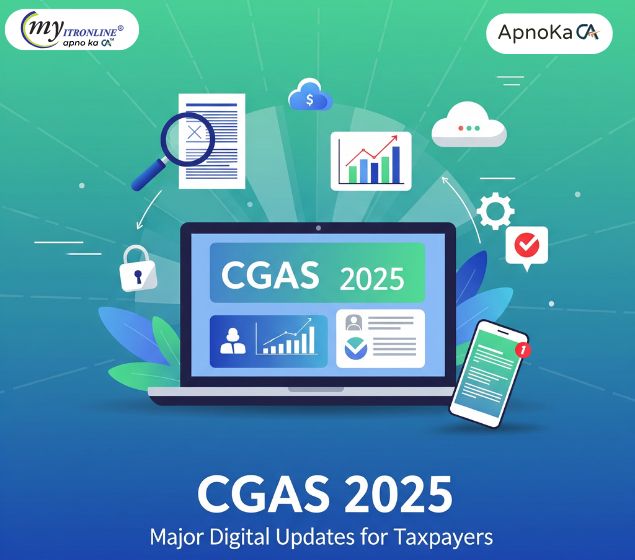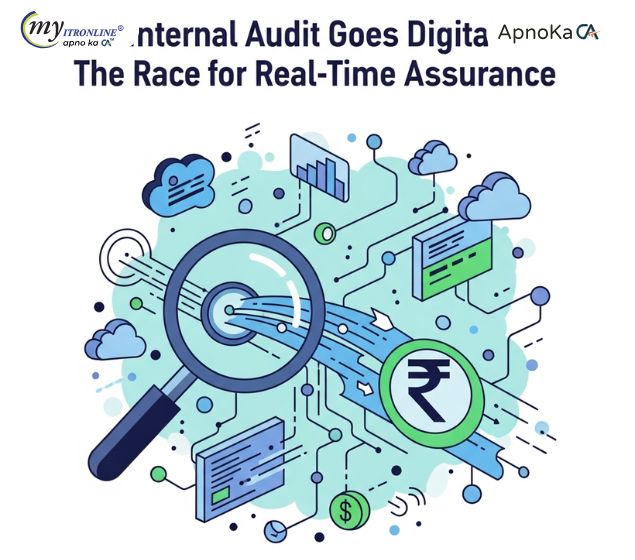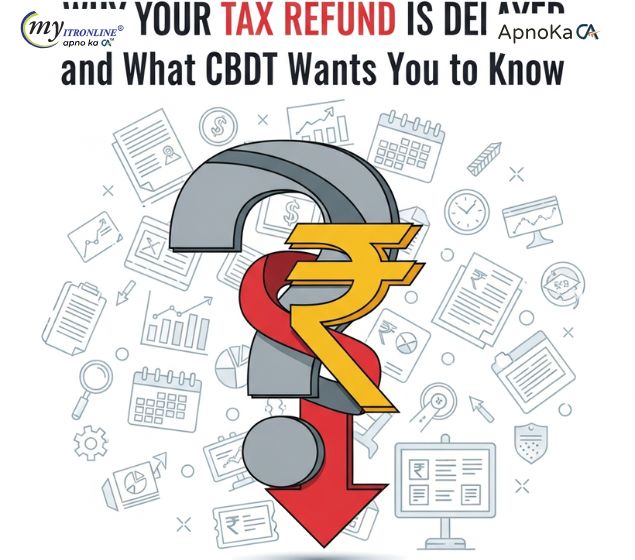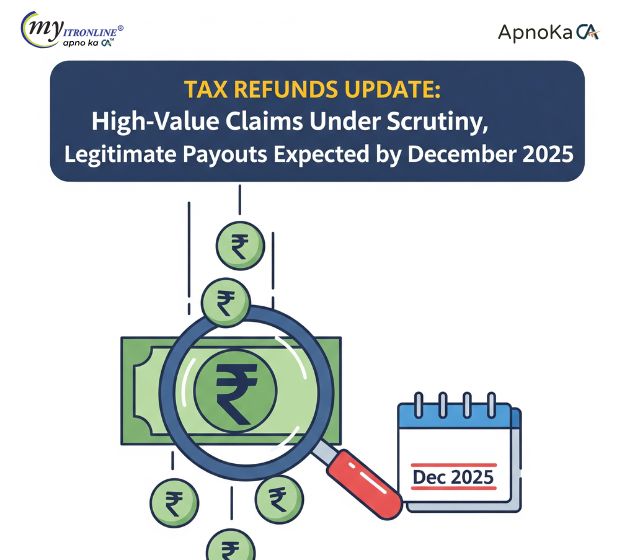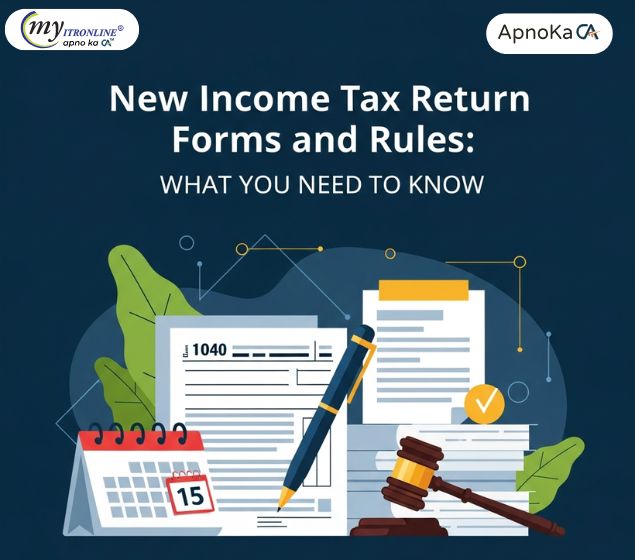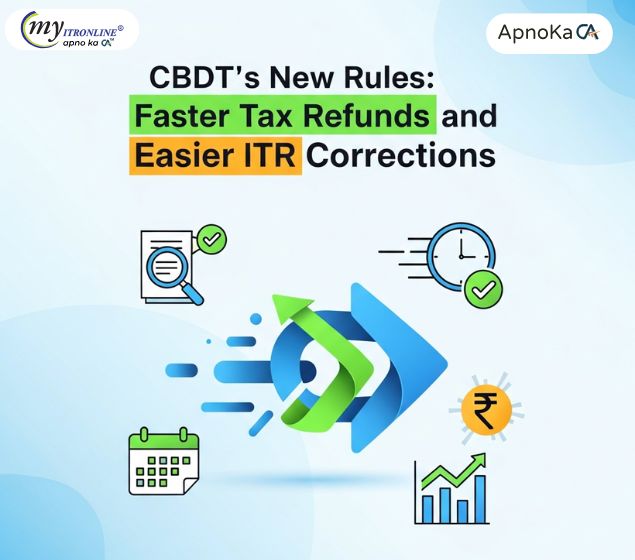Avoiding Common Mistakes: A Comprehensive Guide to Filing Income Tax Returns for Small Businesses
Filing income tax returns for small businesses can be a daunting task, with numerous regulations and intricacies that can lead to costly penalties or missed savings opportunities. In this comprehensive guide, we will explore the top 8 common mistakes to avoid when filing income tax returns for small businesses, helping you ensure compliance and maximize savings. From maintaining accurate records and classifying employees correctly to claiming all eligible deductions and filing on time, our guide covers everything you need to know to make the tax filing process smoother and less stressful.

Common Mistakes to Avoid When Filing Income Tax Returns for Small Businesses
Filing income tax returns can be a daunting task for small business owners. The complexity of tax regulations and the intricacies of business finances make it easy to make errors that could lead to costly penalties or missed opportunities for savings. Here’s a comprehensive guide to help you avoid common mistakes when filing your small business income tax returns.
1. Not Keeping Accurate and Organized Records
Importance of Accurate Records
Maintaining accurate and organized financial records is crucial for correctly reporting your income and expenses. Inaccurate records can lead to overpaying taxes or underreporting income, both of which can have serious consequences.
Tips for Better Record-Keeping
- Use Accounting Software: Invest in reliable accounting software to track your finances.
- Regular Updates: Update your books regularly to avoid last-minute scrambles.
- Separate Accounts: Keep business and personal finances separate to avoid confusion and ensure clear record-keeping.
2. Misclassifying Employees and Independent Contractors
Employee vs. Contractor
Misclassifying employees as independent contractors can lead to significant penalties. Employees and contractors are treated differently for tax purposes, and misclassification can result in unpaid taxes and penalties.
How to Classify Correctly
- Control and Independence: Assess the degree of control you have over the worker. Employees are typically subject to more control over how they work.
- Financial Relationship: Evaluate the financial aspects of the worker's job, including who provides tools and equipment and the method of payment.
- Nature of Relationship: Consider the relationship's permanency and whether the work performed is a key aspect of the business.
3. Failing to Claim All Eligible Deductions
Commonly Missed Deductions
Many small business owners fail to claim all the deductions they are entitled to, leading to higher taxable income. Common deductions include home office expenses, business travel, and equipment purchases.
Ensuring You Don’t Miss Out
- Consult a Tax Professional: A tax professional can help identify all eligible deductions.
- Detailed Expense Tracking: Keep detailed records of all business-related expenses.
- Stay Informed: Regularly review IRS guidelines and updates on deductible expenses.
4. Incorrectly Reporting Income
Income Reporting Mistakes
All income must be accurately reported, including cash transactions. Failing to report income can trigger an IRS audit and result in penalties.
Best Practices for Income Reporting
- Reconcile Bank Statements: Regularly reconcile your bank statements with your financial records.
- Include All Sources: Ensure all income sources, including side jobs and freelance work, are included.
- 1099 Forms: If you receive 1099 forms, make sure the income matches what is reported on your tax return.
5. Missing Deadlines
Consequences of Missing Deadlines
Filing late or missing payment deadlines can result in penalties and interest charges. It’s crucial to be aware of all relevant deadlines, including quarterly estimated tax payments for some businesses.
Staying on Top of Deadlines
- Set Reminders: Use calendar reminders for important tax dates.
- Hire a Professional: A tax professionalcan help ensure you meet all deadlines.
- File Extensions if Needed: If you can’t file on time, apply for an extension to avoid penalties.
6. Not Separating Personal and Business Expenses
Why Separation Matters
Mixing personal and business expenses can lead to inaccurate bookkeeping, making it difficult to track deductible expenses and complicating tax filing.
How to Keep Them Separate
- Business Bank Account: Open a separate bank account and credit card for business transactions.
- Document Expenses: Clearly document the purpose of each expense.
- Regular Reviews: Periodically review your expenses to ensure proper categorization.
7. Ignoring Estimated Tax Payments
Importance of Estimated Payments
If your business does not withhold taxes, you may need to make estimated tax payments quarterly. Ignoring these payments can result in penalties and interest.
Managing Estimated Payments
- Calculate Correctly: Estimate your tax liability accurately to avoid underpayment penalties.
- Quarterly Payments: Set aside funds regularly to cover these quarterly payments.
- Use IRS Resources: The IRS provides worksheets and guides to help you calculate your estimated taxes.
8. Filing Incorrect Forms
Form Selection
Using the wrong forms can delay processing and lead to errors in your tax return. Different business structures require different forms.
How to Choose the Right Form
- Business Structure: Ensure you know your business structure (e.g., sole proprietorship, partnership, corporation) and use the corresponding forms.
- IRS Guidance: Refer to IRS resources or consult a tax professional to ensure you are using the correct forms.
9. Failing to Proofread and Review
Why Proofreading Matters
Errors in your tax return can lead to delays in processing and potential audits. Proofreading and reviewing your tax return before submission can help you catch any errors and ensure accuracy.
Proofreading Tips
- Use Spell Check: Make sure your tax software has a spell check feature and use it before submitting your return.
- Review for Accuracy: Double-check all numbers, including income, expenses, and deductions, to ensure accuracy.
- Check Formatting: Ensure that all forms are filled out completely and that all necessary fields are filled in correctly.
10. Not Consulting a Tax Professional
Benefits of Consulting a Tax Professional
Tax professionals have the expertise and knowledge to help you navigate the complexities of tax regulations and ensure compliance. Consulting a tax professional can help you avoid costly mistakes and maximize your savings.
When to Consult a Tax Professional
- Complex Tax Situations: If your tax situation is complex, consulting a tax professional can help you navigate the intricacies and ensure compliance.
- Changes in Tax Laws: Tax professionals stay up-to-date on changes in tax laws and can help you understand how these changes affect your business.
- Maximizing Deductions: A tax professional can help you identify all eligible deductions and ensure you maximize your savings.
Conclusion
Filing income tax returns for your small business requires careful attention to detail and a thorough understanding of tax laws. By avoiding these common mistakes, you can ensure a smoother filing process, minimize your tax liability, and avoid costly penalties. Consider working with a tax professional to navigatethe complexities and stay compliant with all tax regulations.
Remember, proactive planning and regular financial reviews throughout the year can make tax season much less stressful and help you maximize your business's financial health.
FILING YOUR INCOME TAX RETURN F.Y 2024-25 (A.Y. 2025-2026) WITH MYITRONLINE
The income tax filing deadline is right around the corner. If you haven’t filed yet, do it today with Myitronline! Avoid last minute rush and file your tax return today on MYITRONLINE in Just 5 mins.(www.myitronline.com)
If you are looking for eCA assistance to file your income tax return/ GST, you can opt for MYITRONLINE eCA assisted plan starting
Upload Salary Individual Form-16
If you have any questions with filing your tax return, please reply to this mail. info@myitronline.com OR call 9971055886,8130309886.
Note-All the aforementioned information in the article is taken from authentic resources and has been published after moderation. Any change in the information other than fact must be believed as a human error. For queries mail us at marketing@myitronline.com
Krishna Gopal Varshney
An editor at apnokacaKrishna Gopal Varshney, Founder & CEO of Myitronline Global Services Private Limited at Delhi. A dedicated and tireless Expert Service Provider for the clients seeking tax filing assistance and all other essential requirements associated with Business/Professional establishment. Connect to us and let us give the Best Support to make you a Success. Visit our website for latest Business News and IT Updates.
Leave a reply
Your email address will not be published. Required fields are marked *Share this article
Krishna Gopal Varshney, Founder & CEO of Myitronline Global Services Private Limited at Delhi. A dedicated and tireless Expert Service Provider for the clients seeking tax filing assistance and all other essential requirements associated with Business/Professional establishment. Connect to us and let us give the Best Support to make you a Success. Visit our website for latest Business News and IT Updates.
View articles








